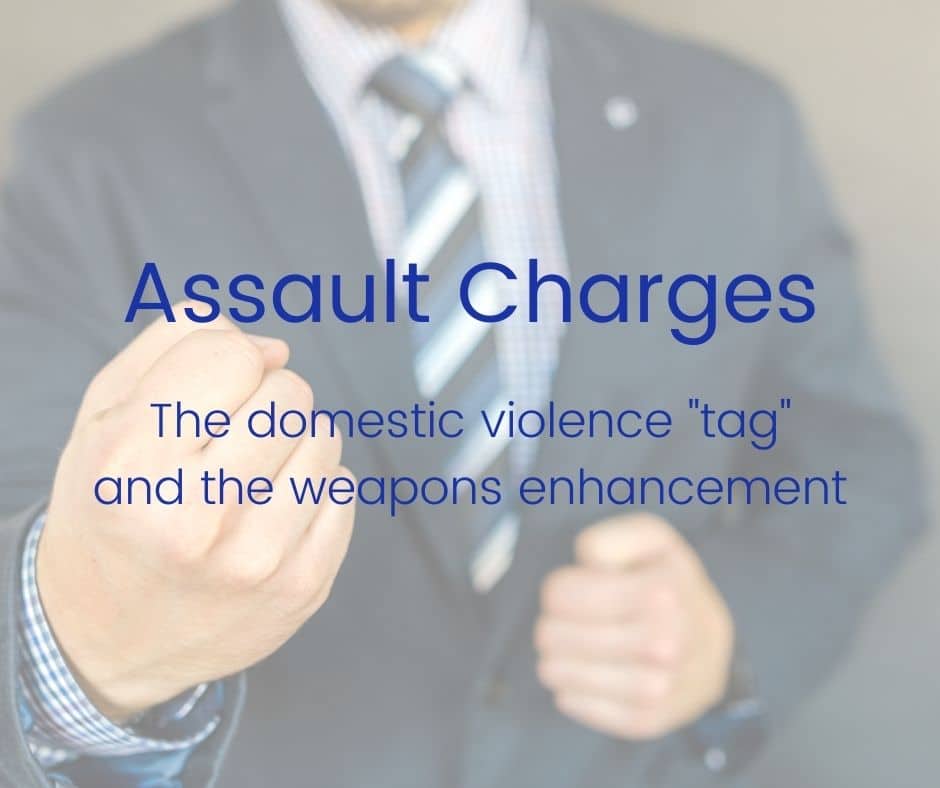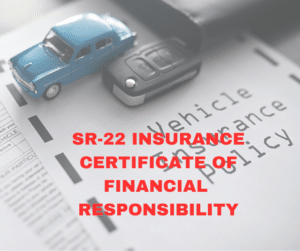
Why did it take so long to charge me with Assault?
It is not unusual that we receive calls from clients who had an altercation months ago and are now receiving a summons. At the time of the incident, the client was under the impression that the issue was resolved and there would likely not be any criminal charges. They are often quite surprised to face criminal charges for an argument that occurred so long ago.
Unfortunately, assault charges can be tricky. Where the assault does not involve a domestic violence incident, there is no mandatory arrest requirement. Therefore, an officer can take statements and do a follow up investigation rather than immediately make a determination whether a crime has been committed. The investigation can take many months and the report is then forwarded to a prosecutor. It is also not uncommon for a detective’s report to sit “on hold” at the prosecutor’s office for many months before a criminal charging decision is made. Hence, we then see criminal charges filed based on a fight that occurred months or even a year earlier.
If I didn’t get charged for 6 months, does that mean the Prosecutor has a weak case?
From the defense stand point, time does not often benefit the alleged perpetrator. The criminal charges are based on the officer’s report and the victim’s version of events—seemingly credible sources. If there were other witnesses who might refute the victim’s version of events, they are often no longer available or do not remember the incident clearly. However, that does not mean assault cases are easy for a prosecutor to prove. When it comes down to it, these cases are often “he said vs. he said” with no clear evidence. Basically, without an unbiased witness, the jury has to decide who is most credible.
If you are facing an assault charge, that reality might make you rather uncomfortable. Can you trust a jury to see the truth? For that reason, some people would rather find a resolution short of trial. In most circumstances, there are options for resolving an assault case without taking the risk at trial, which often means the prosecutor will add additional “hold back” charges and/or seek longer jail time. The route you should take greatly depends on the facts of your case. Those facts are primarily determined by the discovery your defense attorney receives, which will include the officer’s reports as well as witnesses statements. It is hard to advise anyone without seeing those documents.
What does the domestic violence “tag” or weapons enhancement mean for my charge?
If you’re curious about the potential outcome of your charge, the primary concerns occur where you are charged with a special allegation of domestic violence and/or whether a weapons enhancement is added to your assault charge. These “extra” allegations mean significantly more negative outcomes and they are often hard for lay people to understand. The terms are often applied broadly and the RCW allows prosecutors to add these “extras” based on the circumstances or relationships involved.
For example, a domestic violence allegation can be added to your underlying assault charge simply because the you and the victim had previously been roommates. The term “domestic” does not mean that you are or have been in a romantic relationship with the victim. It is a very broad term that encompasses a wide array of relationships. The biggest consequence of being found guilty of any crime that includes a domestic violence “tag” is that you will likely lose your gun rights—even if the underlying charge is a misdemeanor offense. And, for a weapons enhancement, you will likely face a longer jail or prison sentence. Again, the term “deadly weapon” can be as confusing as the term “domestic” because prosecutors have been known to consider many types of objects (broom, butter knife, etc.) as a potential deadly weapon. Essentially, if the object has the capacity to inflict death in the manner in which it was used, it can be considered a deadly weapon for enhancement purposes.
How can it be Assault if I never touched the victim?
Perhaps the most confusing assault charge occurs when the accused did not believe he did anything that could have amounted to an assault because there was no touching of the victim. This charge can occur because the accused put the victim in a position of apprehension of harm. This means the victim was scared enough by the perpetrator’s actions or words to believe the defendant was going to cause physical harm. Therefore, no actual touching has to take place for the person to be charged with a crime. While you can be charged with assault despite no touching, this charge does present more challenges for the prosecutor. The threat or fear of harm must still be reasonable under the circumstances. And, quite frequently, these situations occur without witnesses so it is still an issue of credibility before the jury.
Don’t delay
If you or a loved one have been accused of assault or believe assault charges could be filed, it is very important to speak with a defense attorney immediately. As noted above, it is important to locate witnesses, take statements, and, in some cases, contact the prosecutor prior to the case being charged. If you are unsure about this process or need counsel, please contact our office early in the process. The delay can easily impact the outcome of an assault case. If you would like to learn more about assault charges, click the button below.

Get help now
Whether you choose to handle your case alone or engage the Witt Law Group, being informed and prepared is essential. Early involvement of an attorney can significantly impact your chances of a fair recovery, allowing you to focus on healing while we handle negotiations with insurance adjusters to secure fair compensation for your injuries.




